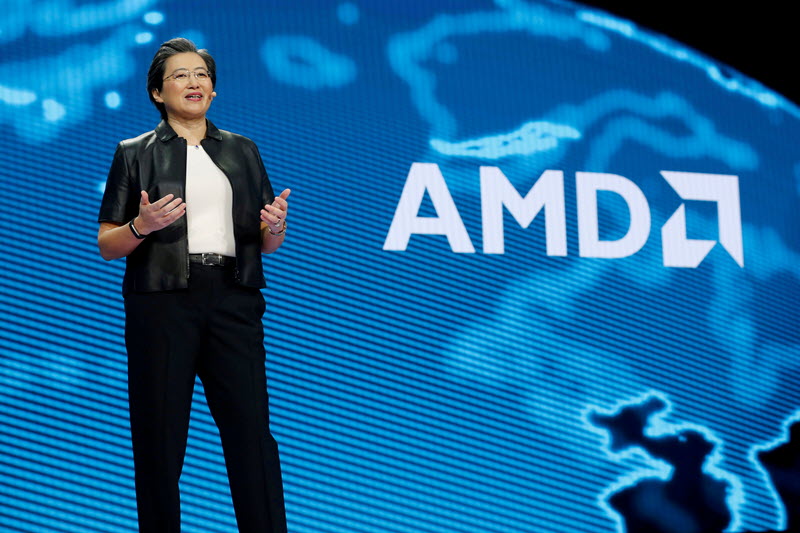BitMine stock falls after CEO change and board appointments
Investing.com -- Moody’s Ratings has upgraded Advanced Micro Devices, Inc. (NASDAQ:AMD) and its subsidiary Xilinx’s senior unsecured ratings to A1 from A2, while changing the outlook to stable from positive.
The upgrade reflects AMD’s strong multi-year revenue and earnings growth outlook, supported by greater visibility into data center GPU demand following its partnership with OpenAI, according to Moody’s Senior Vice President Raj Joshi.
Under the agreement, OpenAI will use multiple generations of AMD’s GPUs to power 6 gigawatts of artificial intelligence data center capacity beginning in the second half of 2026. AMD will issue warrants to OpenAI to purchase up to 160 million shares of AMD common stock, which could give OpenAI a 10% equity stake in AMD if exercised.
Moody’s views the partnership as a strong credit positive for AMD as it validates the company’s data center GPU roadmap and positions it to significantly increase its revenue share of the merchant data center GPU market from the current mid-single digits.
OpenAI’s purchases could represent more than $90 billion in revenues for AMD between the second half of 2026 through October 2030. However, Moody’s noted that OpenAI’s ability to fulfill its commitments will depend on access to substantial capital over the next several years.
AMD’s revenues are expected to surpass $60 billion in 2027, nearly doubling from $30 billion in the twelve months ended June 2025. The A1 rating is supported by AMD’s diversified client and data center CPU revenues and high-margin Embedded FPGA business.
The company maintains robust liquidity with $5.9 billion in cash balances compared to $3.25 billion of outstanding debt. Free cash flow is projected to increase from $4.3 billion in 2025 to $6.2 billion in 2026, with total debt to EBITDA of about 0.5x by the end of 2026.
Moody’s identified several risk factors, including AMD’s lower EBITDA margins compared to highly-rated semiconductor peers, intense competition from Intel and Nvidia, high dependence on TSMC for wafer supply, and geographic concentration of its supply chain in East Asia amid growing US-China tensions.
The rating could be upgraded if AMD maintains conservative fiscal policies and diversifies its Data Center AI revenues across hyperscale customers. Conversely, a downgrade could occur if competitive challenges lead to market share erosion or if total debt to EBITDA exceeds 1.5x.
This article was generated with the support of AI and reviewed by an editor. For more information see our T&C.
